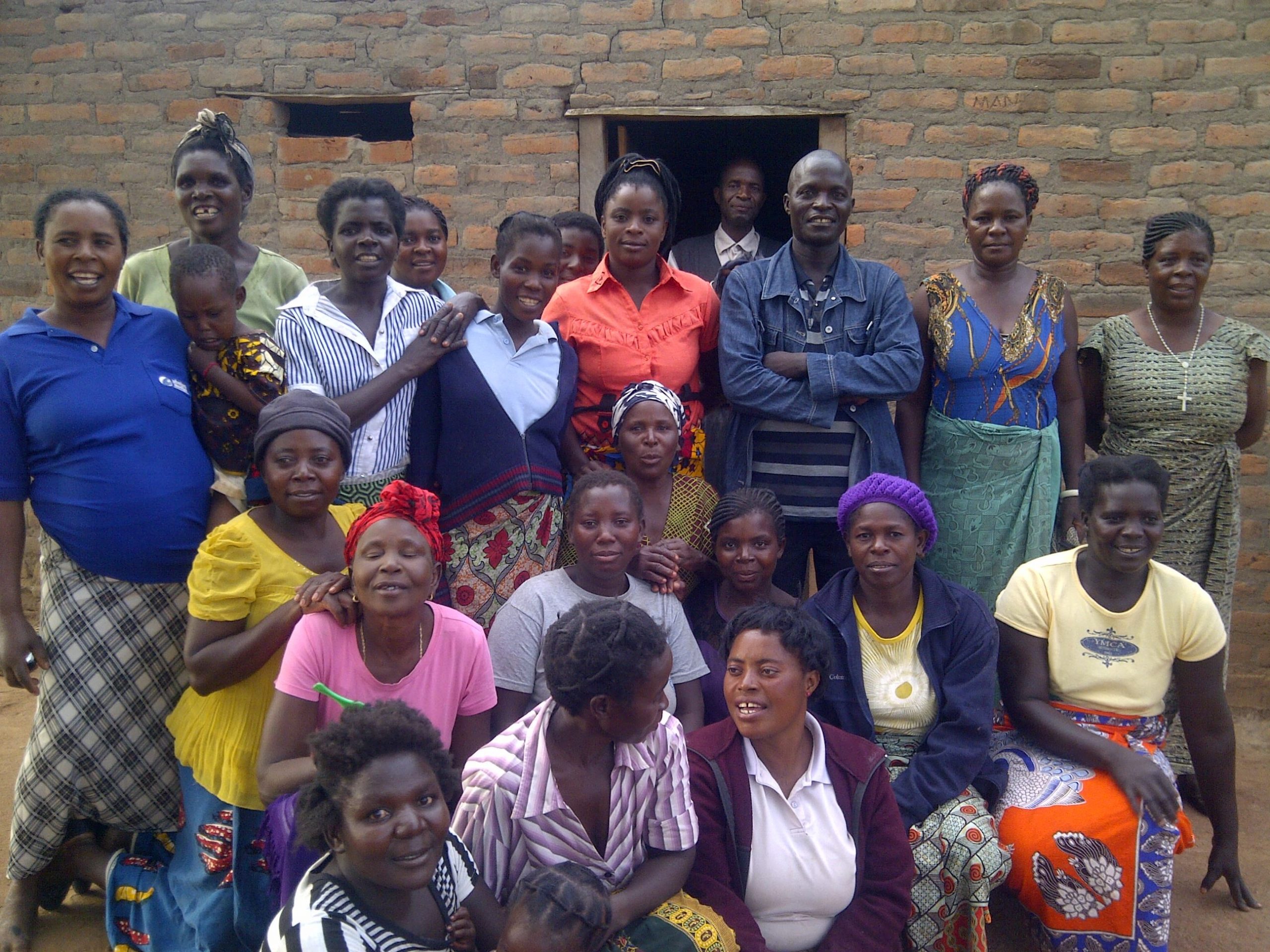
By Renton Kashimbaya, PROFIT+ Agribusiness Coordinator for Katete and Petauke districts
Economic, health, and educational challenges impact smallholder farmers in Zambia. To strengthen farmers’ capacity to deal with these issues, the ACDI/VOCA-implemented, USAID Feed the Future-funded Production, Finance, and Improved Technology Plus (PROFIT+) project develops rural market systems that enable farmers to achieve economic empowerment, increase food security, and decrease poverty by boosting smallholder productivity and access to markets and trade. Agribusiness Savings and Credit Groups (ABSCGs), through which farmers jointly save and lend internally and utilize savings and linkages as credit for trade, are integral to this approach.
Agribusiness Groups Enhance Trade in Value Chains
ABSCGs typically access input and output markets through community agro dealers (CAs), who also serve as facilitators for the creation of ABSCGs. While CAs serve as agents for commercial companies, their linkages with ABSCGs create vibrant rural market infrastructure, facilitate credit, and enhance trade within the maize, sunflower, onion, and tomato value chains.
Three agribusiness groups in Nyalingu, in Petauke District, exemplify this success. Among them, the three groups have 90 members, 86 percent of whom are women. Fifty-two of these members (73 percent female) have utilized an internal loan facility to participate in the trade of maize with a total investment of ZMW107,400.
Group Members Sell Maize to Major Output Companies Cargill, AFGRI, NWK
The buying price for maize ranged between ZMW25-30/50Kg at the beginning of the 2016 marketing season, and ABSCG members bought a total of 179 MT. Following the guidance of a PROFIT+-trained CA, they sold it to corporate traders later in the season at prices ranging from ZMW1.9-2.0/Kg, realizing a profit of ZMW250,600.
These profits have enabled group members to save larger amounts of money with their groups, between ZMW1,000 and ZMW11,000 per person. In past years, the most money a group member was able to save was ZMW700. One woman ABSCG member attests: “In the past, the highest [amount of money] I managed to save was ZMW650, and that [was because] I was afraid to borrow money from the group because I did not have any big business ideas, and feared to consume it all. [N]ow that my eyes have been opened, I have saved a total of ZMW4,700 and I am able to borrow up to ZMW 8,000 to buy more than 200/65Kg bags of maize bran and sell it at a profit in Lusaka.”
The agribusiness groups’ success in trading grain and horticultural crops has attracted new members. In fact, the number of PROFIT+ agribusiness groups has increased from 370 groups with 5,332 members (67 percent women) at the close of fiscal year 2013/2014 to 577 groups with 10,864 members (81 percent women) this year.
The PROFIT+ ABSCG model helps smallholder farmers ensure their own success. Farmers use the profits to pay their children’s school fees and purchase farming inputs, housing materials, livestock, and household goods. Others reinvest money into individual businesses.








